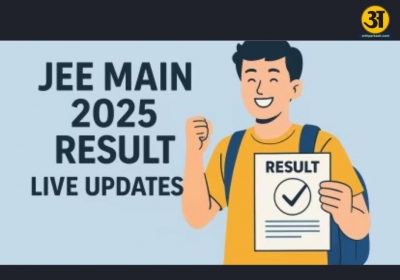
Uttar Pradesh's new education policy launched
Uttar Pradesh's new education policy: Changes in school schedules and learning methods
The Uttar Pradesh government is gearing up to introduce a fresh education policy that will bring significant modifications to school schedules and teaching methods. Under this new policy, there will be reduced hours of study in schools, along with innovative changes to ease the burden on students.
Revised school schedules
As part of the new education policy, the government is set to revamp school schedules. The key change is the reduction in the number of teaching hours. Students will now have a total of 29 hours of teaching in a week. On weekdays, classes will take place from 5 to 5.30 hours. Additionally, on the second Saturday of each month, there will be a half-hour class from 2 to 2.30 hours. Furthermore, there will be two Saturdays designated as holidays for schools.
ALSO READ: Uttar Pradesh's first International Trade Show: Showcasing global potential
Implementing the policy
To put this new education policy into action, the Uttar Pradesh government has instructed the Education Department to draft fresh guidelines for school studies, aligning them with the National Curriculum Framework of the New Education Policy. This move aims to bring uniformity and efficiency to the state's educational practices.
Shorter class durations
Under the upcoming rules, the duration of regular classes will be capped at 35 minutes. However, for major subjects such as Mathematics, Hindi, English, and Science, the classes will span between 40 to 50 minutes each. In accordance with the New Education Policy, schools are required to provide a total of 29 hours of instruction per week.
ALSO READ: Uttar Pradesh approves new industrial city in Bundelkhand for economic development
Bag-Free learning days
In a bid to alleviate the academic pressure on students, the New National Education Policy introduces a novel approach. It permits students to attend school without carrying bags for at least ten days each year. During these bag-free days, students will engage in oral and experimental learning methods. This shift aims to promote a more interactive and practical approach to education, reducing the weight of textbooks and notebooks on students' shoulders.





